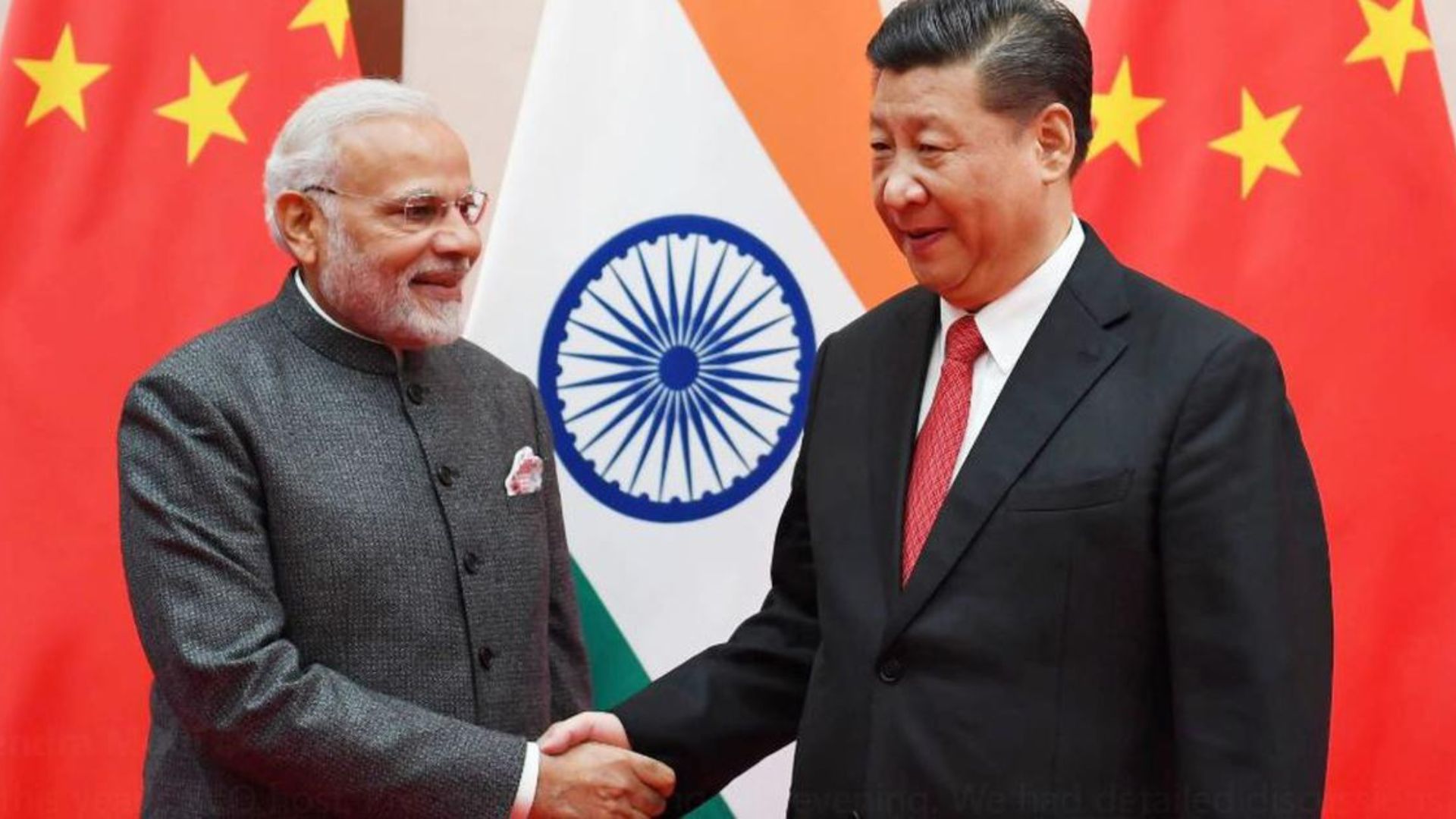India has successfully persuaded China to return to the patrolling agreements along the Line of Actual Control (LAC) in eastern Ladakh that existed before the April 2020 Galwan clashes. China’s previous refusal to agree to India’s demand for the status quo over the past four years makes this achievement both a diplomatic and military success.
Disengagement Agreement After Lengthy Talks
The disengagement deal was reached after 17 rounds of working mechanism meetings and 21 rounds of military talks. Foreign Secretary Vikram Misri confirmed, “In the pending areas, patrolling and grazing activities, wherever applicable, will return to the 2020 status,” reflecting External Affairs Minister S. Jaishankar’s earlier statements.
This agreement has also set the stage for a significant meeting between Prime Minister Narendra Modi and Chinese President Xi Jinping in Russia, their first since the border standoff almost strained ties to a breaking point.
Resumption of Indian Patrols in Key Areas
The new deal will allow Indian troops to resume patrolling up to their old points in Depsang and Demchok, which were the two remaining friction zones left for resolution between the two nations. Disputes in other areas, including Gogra-Hot Springs, Pangong Lake, and the Galwan Valley, have already been settled. The Galwan Valley was the site of deadly clashes in 2020.
Depsang Plains and Demchok were particularly contentious regions, with China previously unwilling to even discuss the two areas until about a year ago. The Depsang Plains, located in northern Ladakh, hold significant military importance due to their flat terrain, which allows easy movement of troops and tanks. This region, just 30 km from the strategic Daulat Beg Oldie post near the Karakoram Pass, is crucial for military operations.
Chinese forces had intruded 15 km into the areas that Indian troops patrol, causing concerns for India’s defense forces.
Broader Sino-Indian Dispute and Border Perceptions
This agreement raises hopes for settling the broader territorial disputes between India and China. Both countries have different perceptions of the LAC, which marks areas of physical control rather than territorial claims. India and China share a 3,488 km border, with China claiming 90,000 sq km of Indian territory, including parts of Arunachal Pradesh, while India maintains that 38,000 sq km in the disputed Aksai Chin region is part of Ladakh.
India has always considered Arunachal Pradesh an “integral and inalienable” part of the country.
Possible Resumption of Direct Flights and Improved Trade
This border agreement is expected to improve political and trade ties between the two Asian powers. After the Galwan incident, India tightened investment rules for Chinese companies and banned around 300 popular Chinese apps, including TikTok. Business relationships suffered, but with the normalization of ties, there is hope for a revival.
Direct passenger flights between India and China, halted since the onset of the COVID-19 pandemic in 2020, could also resume. Restoring these flights would help boost both business and tourism.
China has long been one of India’s major trading partners, supplying critical materials like telecom hardware and pharmaceutical raw materials. Since 2020, India added additional scrutiny for investments from neighboring countries, primarily targeting China. This led to billions of dollars in potential investments being held up in approval processes.
Positive Shift in India and China Relationship
This new agreement signals a positive shift in the relationship between India and China, with both military and diplomatic victories for India. The deal not only reduces tensions at the border but could also pave the way for stronger political and economic cooperation between the two nations.









